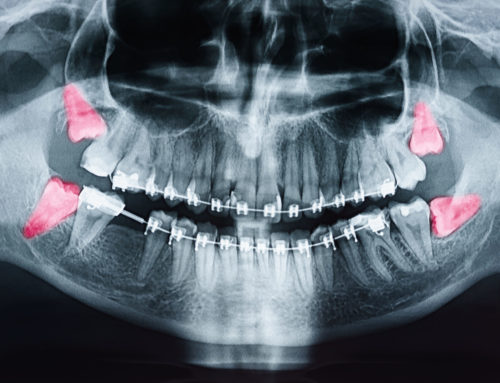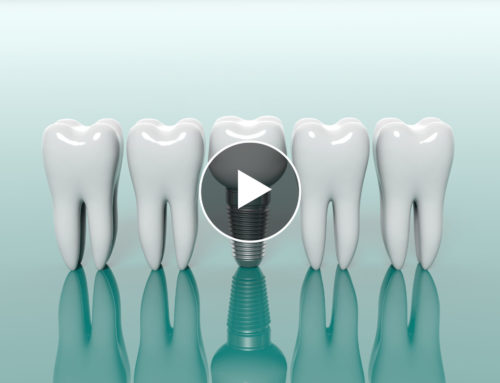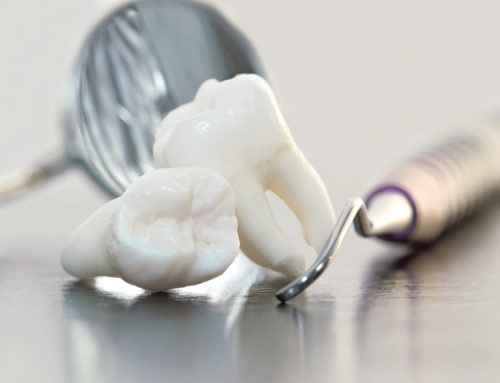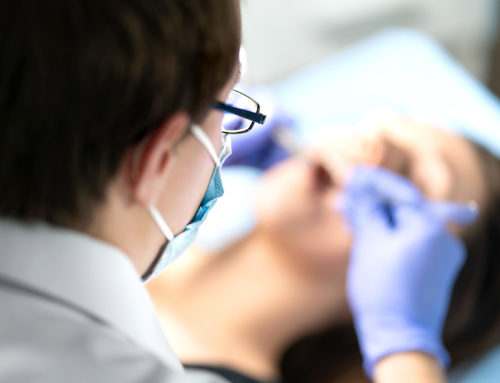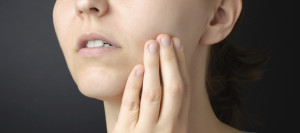 What is TMJ syndrome and what causes the pain? More importantly, how to diagnose and treat it? TMJ stands for the temporomandibular joint which is the joint connecting the jaw to the skull. The TMJ syndrome causes pain and discomfort including:
What is TMJ syndrome and what causes the pain? More importantly, how to diagnose and treat it? TMJ stands for the temporomandibular joint which is the joint connecting the jaw to the skull. The TMJ syndrome causes pain and discomfort including:
- Clicking and popping of the jaw
- Ringing or popping in the ear
- Headaches
TMJ syndrome is not completely understood. Some of the contributing factors are:
- Poor posture
- Grinding and gnashing of teeth
- Prone in women 18 to 44
- Injury to the jaw
- Stress resulting in clenching and tightening of the jaw muscles
- Chronic conditions that can cause inflammation to the jaw.
- Frequent gum chewing
Regardless, the pain can be miserable. Some home remedies should be tried first before seeking more drastic measures.
- Over-the-counter pain relievers like ibuprofen or naproxen
- Ice on the affected area
- Gentle stretching of the jaw and neck muscles
- A massage by a skilled therapist
- Stress reduction using relaxation methods.
- Eating soft foods
If the pain and discomfort remains, then a doctor should be consulted. Your dentist can guide to the next steps to take. If more drastic measures are needed, you may be:
- Be referred to an oral and maxillofacial specialist or to an ENT (ear, nose, and throat) specialist
- Given prescription pain relievers
- Prescribed Botox injections
- In states where it is legal, marijuana has proven helpful
- Have dental splints inserted that keep teeth in alignment and keep you from grinding your teeth
- Severe cases may call for surgery on the jaw or mouth.
The good news is that there is hope for TMJ syndrome sufferers. Hopefully, a few of the simpler methods such as:
- Eliminate stress
- Stop grinding your teeth
- Stop chewing gum
- Use ice and mild pain reliever
These methods can all be used at home and will help to relieve your pain.
If you are suffering from TMJ pain, please contact us today we are happy to answer your questions.

